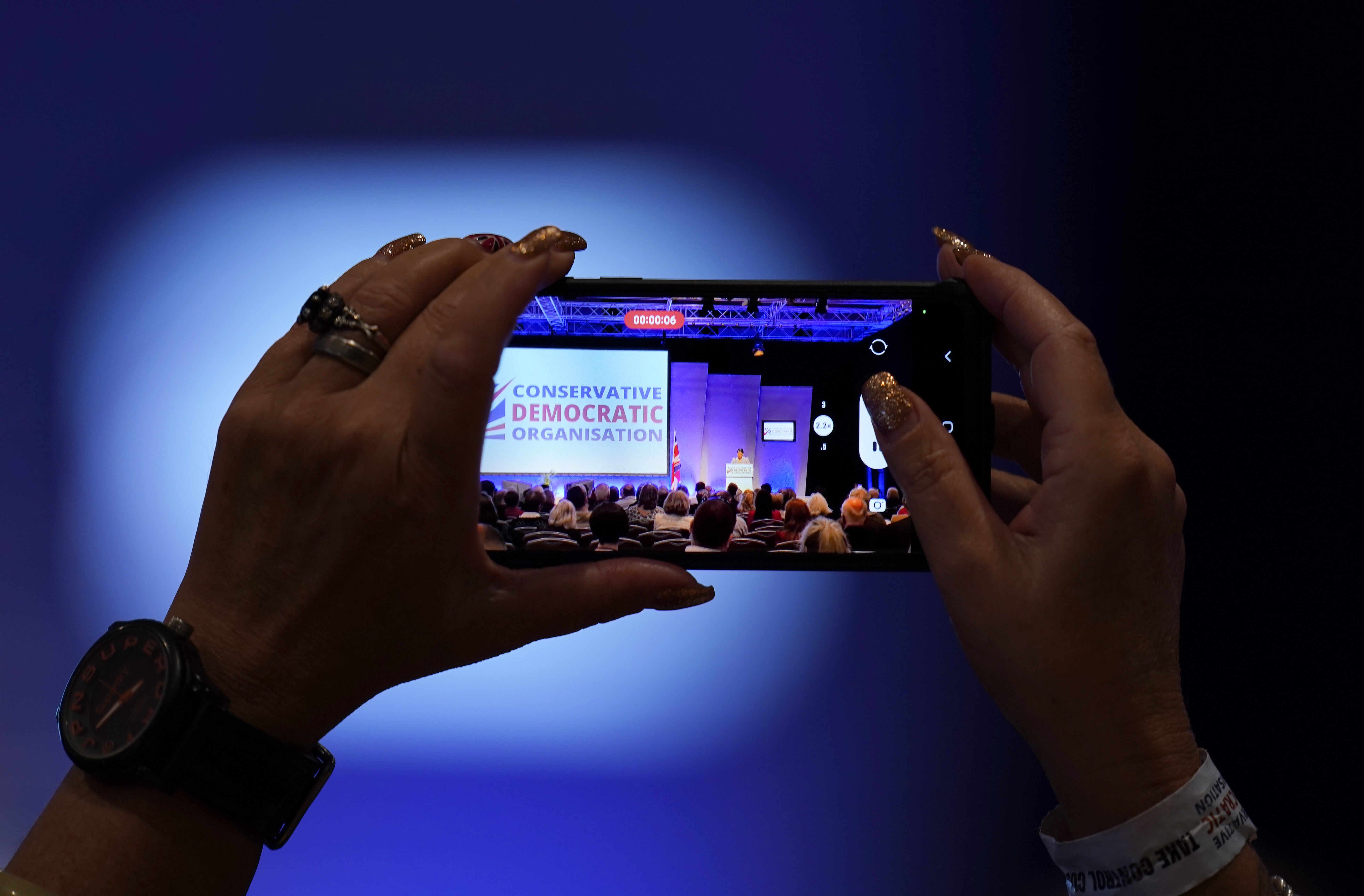Slouching towards Gilead: Why the Tory right wants to drag women back to the 1950s
With funding to children’s services decimated, it’s a little late to think of the children, says Tanya Gold


Your support helps us to tell the story
From reproductive rights to climate change to Big Tech, The Independent is on the ground when the story is developing. Whether it's investigating the financials of Elon Musk's pro-Trump PAC or producing our latest documentary, 'The A Word', which shines a light on the American women fighting for reproductive rights, we know how important it is to parse out the facts from the messaging.
At such a critical moment in US history, we need reporters on the ground. Your donation allows us to keep sending journalists to speak to both sides of the story.
The Independent is trusted by Americans across the entire political spectrum. And unlike many other quality news outlets, we choose not to lock Americans out of our reporting and analysis with paywalls. We believe quality journalism should be available to everyone, paid for by those who can afford it.
Your support makes all the difference.The right wing of the Conservative Party turns with glowing eyes to Gilead. All extremist political movements depend on invented enemies to inspire fear and the promise of renewal and, at the National Conservative Conference in London this week, they invoked a familiar victim for sacrifice: the non-compliant female and her too small brood.
We now have a good idea of where women will sit should these people consume the Conservative Party, and it won’t be comfortable. Danny Kruger, the previously anodyne MP for Devizes, praised, “The normative family held together by marriage. By mother and father sticking together for the sake of the children, and the sake of their own parents, and the sake of themselves: this is the only possible basis for a safe and successful society”.
I won’t try to guess what element of Kruger’s childhood made him long for a fantasy so consuming he wishes to extend it to others, by social sanction if necessary – and who knows what comes after? (American conservatives are interested in this conference, and they have gaily made laws that butcher women. The repeal of Roe v Wade is only one example.)
Nor will I dwell on his tangential dog-whistle to people who hate gay individuals. Men marry men and women marry women safely and successfully nowadays, and it is news to them that they don’t. I want to talk about what it means for heterosexual women.
I know Devizes, and I don’t doubt that Kruger has met hundreds, if not thousands, of married female members of Flower Club and the WI and Church Choir, and they are all ecstatically married to men who look like David Niven. But Devizes is not the world, and only a fool extrapolates policy from the eternal garden party of his wealthy white constituency.
Even so, Kruger is not alone in dreaming of Doris Day and Rock Hudson behind their picket fence with the Von Trapp children. Jacob Rees-Mogg has called Rishi Sunak’s new provision for childcare “anti-family” – as if working women are a fifth column in their own home – and, though it’s rarely remarked on, we have the most anti-choice cabinet in recent history.
Kruger speaks, of course, in front of a bonfire of the things that make women want to marry and breed: childcare – ours is the third most expensive in the world; good wages; affordable housing; functioning public services; adequate benefits and support if you need to get out.
These things have all ebbed under Toryism, and perhaps he knows it: his speech has an air of sacrifice demanded. “Marriage is not all about you,” he says. “It’s not just a private arrangement. It’s a public act by which you undertake to live for someone else, for their sake and the sake of your children and the sake of wider society”.
With funding for children’s services decimated – early intervention support halved in the last decade – isn’t it a little late to think of the children? Kruger must know that it is overwhelmingly women who seek divorce, not men.
He must know that two women a week are killed by their partners, that one in five children live in a violent home, that almost two million women experience domestic abuse each year: what is safety for some is a death sentence for others.
He might even know that a childhood adjacent to an unhappy marriage is the worst possible start in life. I imagine he fears addiction. Is he familiar, as children of loveless marriages are, with addiction to hate?
This is all performative. The spectre of a Tory MP blaming nameless women for the inadequacies of his own administration is grotesque. The punishment is already murderous in America and, unless we act to stop it, it is coming here.
Join our commenting forum
Join thought-provoking conversations, follow other Independent readers and see their replies
Comments